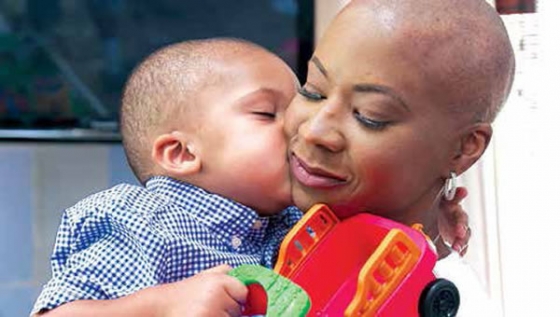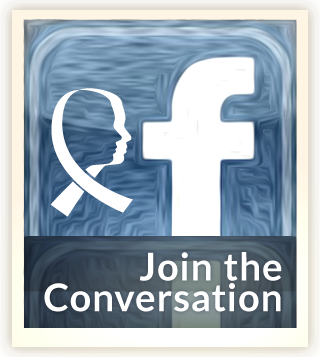A CONVERSATION WITH BARAK GOODMAN
"Cancer: The Emperor of All Maladies" is a three-part, six-hour documentary directed by award-winning filmmaker Barak Goodman with Ken Burns as executive producer. It will air nationally on PBS and locally on WITF TV at 9 p.m. March 30-31 and April 1. Based on the Pulitzer Prize-winning book by Siddhartha Mukherjee, the film tells the complete story of cancer from its first description in an ancient Egyptian scroll to the gleaming laboratories of modern research institutions. At six hours, the film interweaves a sweeping historical narrative with intimate stories about contemporary patients.
As part of WITF's "Transforming Health" project, Goodman offered his thoughts on the documentary.
Q: How did this project come to be?
A: Sharon Rockefeller, the CEO of Washington's PBS station, was recuperating from stage 3 colon cancer when she read Siddhartha Mukherjee's book "The Emperor of All Maladies." She immediately contacted Sid and Ken Burns to see if the book could be adapted into a series. The rights to the book were held by Hollywood producer Laura Ziskin, whose organization Stand Up 2 Cancer is one of the most active and successful cancer philanthropies in America. Laura soon agreed to turn the project over to Sharon and Ken. Unable to make the film himself, Ken asked me if I would direct the series.
Why are we so afraid of cancer, and how does this documentary help remove some of that fear?
Cancer strikes without warning and seemingly without reason. It is a disease that often has no external cause, but attacks from within. No one is immune to it, and once it is diagnosed its course is often punishing and unpredictable. For all these reasons, it has always exercised a particular terror. But the fact is that cancer is not one disease. It is many. Most of them are treatable if caught early enough, and even those with the worst prognoses are now beginning to yield their secrets to researchers. My hope is that by chronicling its history and demystifying the science surrounding it, our series will allow people to see cancer for what it is: not some inscrutable, invincible killer, but a definable and understandable problem for which there is often a solution.
How did this film challenge you as a filmmaker?
In practically every way: emotionally, intellectually and artistically. Our design was extremely ambitious from the beginning -- essentially to weave three films in one: a historical narrative, a cinema verite film following patients and a film about science. I'm not aware of any project that has tried to do this before quite on this scale. The history was a challenge because it did not fit a neat narrative, but had to be constructed from very disparate stories across hundreds of years. The case studies were difficult, of course, because we became extremely close to the people we were following and were with them through the most painful periods in their lives. Many of the outcomes were joyous, but some were not, and these were difficult to cope with. Finally, the science was extremely challenging for us to comprehend and then to translate in such a way that our viewers could absorb it in one watching. In this, we were helped enormously by the skill of Molly Schwartz and her animation team.
What do you hope viewers will come away with?
One word: hope. We are on the cusp of a second revolution in cancer care. The first revolution -- achieved by the combined genius of researchers and the courage of patients who bore the brunt of experimentation -- was a revolution in understanding. We now know what cancer is and how it works at a level unimaginable 30 years ago. The second revolution is underway -- that is the revolution in treatment. There is a broad consensus in the research community that the knowledge we have accumulated has put us in a position to achieve real and lasting cures for many cancers, but how many years and how much money such cures will take to achieve is still debated. Some estimate we will see a new cancer landscape within two decades, others estimate it might take seven or eight, but practically no one we talked to doubts that that day will come.













